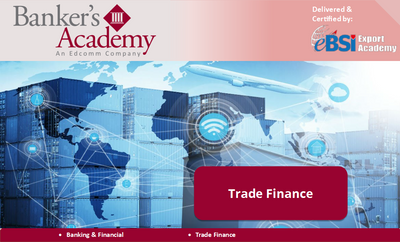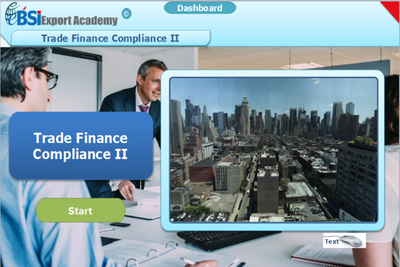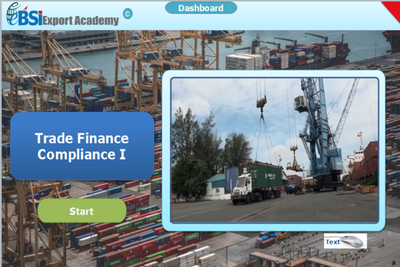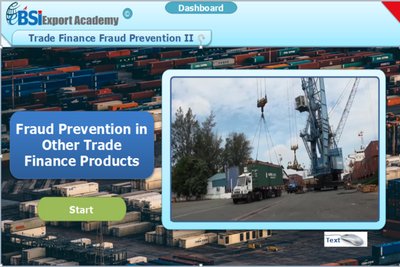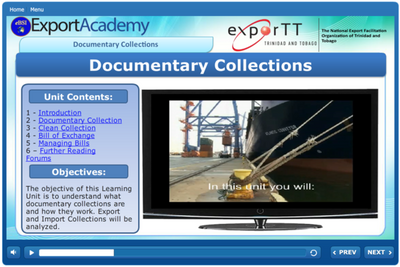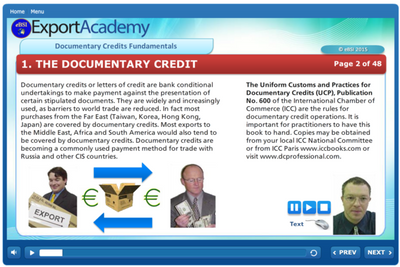DCW Interview with Trade Finance Expert Pradeep Taneja

After nearly 40 years serving the banking industry, including 38 years in Trade Finance alone at various levels in India, UAE, and Bahrain, Pradeep Taneja retired from banking on 30 Sep 2019. In an interview with DCW, Taneja reflected on career highlights, ICC work, and his future plans.
DCW: Could you share some details of your banking career and areas of responsibility?
PT: I joined the banking industry in 1980 with Punjab National Bank, a nationalized bank, through an all-India level competitive examination. In those days, a banking job was a highly coveted job next only to Civil Services. At that time, India’s banking sector was expanding exponentially due to the government’s focus on development of priority sector, industrialisation, and export promotion.
However, what really attracted me towards the banking sector was Trade Finance when I was first posted in the Trade Finance department of my bank in 1981 and had my first glimpse of export documents, bills of lading, and UCP (UCP290). Since then I have worked in Trade Finance.
My responsibilities included the handling of Trade Finance transactions for both imports and exports under LCs, collections, and guarantees. What was most challenging was a highly complex regulatory regime requiring all transactions to be conducted not only in accordance with the ICC Rules, but also the prevailing Exchange Control Regulations in India. The Exchange Control guidelines were amended quite frequently through the circulars of Reserve Bank of India and it was quite an uphill task to keep pace with the changes.
Banks were also expected to keep abreast of India’s Export- Import Policy which was always a short-term policy at that time, changing every year by the Government. Over and above, banks had a statutory obligation to report almost every single Trade Finance transaction, including payments and non-payments, to the Exchange Control Department of RBI [Reserve Bank of India, the central bank].
In 1984, I joined Bank of Baroda, another major nationalised bank, and in 1987, I was entrusted the task of supervision, monitoring, planning, and development of Trade Finance at the Bank’s Zonal Office as Head of International Trade with nine Trade Finance Departments in seven cities reporting to me. In 1991, I was transferred to Bank’s Zonal Office at New Delhi where I pursued similar job responsibility for “twelve” Trade Finance departments spread in “five” states across North India apart from New Delhi.
After two years working in New Delhi, in 1993 I was posted in Dubai by the bank as Head of Trade Finance Department and then moved to ABN AMRO Bank, Bahrain, in 1997. Since then, I have been in Bahrain in senior Trade Finance positions with different banks including BankMuscat, which took over ABN AMRO’s Bahrain Operations, and BBK. I joined Bank ABC in 2010 where I worked for over nine years. At the time of my retirement, I was Group Head of Trade Technical Services.
DCW: That’s quite a storied banking career. Can you tell us a bit about your association with ICC, committees on which you served, and any other banking associations you worked with?
PT: My association with ICC and other banking associations dates back to late 80s through my bank’s representation to ICC Banking Commission, Indian Banks’ Association (IBA), and other industry bodies. I also became a member of the local chapter of Foreign Exchange Dealers’ Association of India (FEDAI), the banking association entrusted with framing rules for conduct of foreign exchange and Trade Finance business. These rules were mandatory for all banks conducting trade finance business in India.
DCW: When did you become associated with ICC Bahrain and the ICC Bahrain Trade Finance Forum?
PT: Bahrain did not have an ICC National Committee until 1999 when it was created at the behest of some leading businesses and law firms with the support of Bahrain Chamber of Commerce and Industry (BCCI). Initially, we had only two banks as members. When the revision of UCP500 was announced in May 2003, I, along with some like-minded bankers, felt that we had to broaden membership and participate in the revision exercise. Since 2008, I have served as a Director on the Board of ICC Bahrain National Committee and since 2018, its Co-Chairman.
In 2003, I co-founded ICC Bahrain Trade Finance Forum and have been its Chairman since then. That was also the time when I became a member of the UCP600 Consulting Group. I am glad that when Gary Collyer visited Bahrain in 2006 to conduct a UCP600 seminar, he announced that he considered ICC Bahrain’s contribution to UCP600 amongst the top few countries in the world.
ICC Bahrain Trade Finance Forum is recognized by the regulators [Central Bank of Bahrain], the Bahrain Association of Banks (BAB), and recently our meetings have been recognized by the London Institute of Banking & Finance as being eligible for the granting of recertification credits.
DCW: What about other committees or groups that you have been associated with?
PT: I was a member of URDG 758 Drafting Group, URF 800 Drafting Group and currently, I am a member of the ISDGP Drafting Group. Apart from that, I am a member of ICC International Guarantees Task Force, Financial Crime Risk and Policy Group (FCRP), and Global Supply Chain Finance Forum (GSCFF). I am also a member of ICC’s Commercial Law & Practice Commission and Arbitration Commission.
DCW: Looking back on your career, what would you consider your major achievements?
PT: It is difficult to single out, but I guess that the turning point of my career was in 1990 when the Reserve Bank of India and my bank’s management appreciated my initial work in the eastern part of India’s state of Uttar Pradesh, acknowledging that the Trade Finance Business conducted by branches in the Zone was in full compliance of Exchange Control Regulations. I also created teams of more than 140 fully trained Trade Finance staff in these branches as I felt that training was an indispensable prerequisite for the smooth running of Trade Finance business. This was one reason that led to my foreign posting in Dubai with an “Official” status from the Government of India, on par with that of government officials/diplomatic staff posted abroad.
I had the privilege of representing ICC Banking Commission to UNCITRAL, Vienna, to present UCP600 at UNCITRAL’s 42nd plenary session in 2009 and URF 800 at its 50th plenary session in 2017 for endorsement of both the sets of rules by the United Nations.
Another high point was in 2005 when, while launching a forfaiting product for my bank, I came across and reported several fraudulent trade transactions worth hundreds of millions of US dollars in the secondary forfaiting market in Iran.
DCW: What are your future plans? Do you intend to stay active as a Consultant?
PT: Although I have retired from banking service, I have not left active professional life and have set up my own Trade Finance consulting company, “Taneja Global Trade Consulting WLL”, a specialist company incorporated under the Laws of Bahrain. The company shall be engaged in providing training, consulting, and advisory services to banks, import-export companies, training institutions, law firms, and other stakeholders. I believe that after all these years, this is my time to payback the industry. I also propose to restart writing articles and sharing my practical experiences with the industry.
DCW: Lastly, would you care to share with us any hobbies or other activities you’re involved with?
PT: Yes, indeed. I have been a meditator for the last 14 years and hold an honorary position of the Treasurer and a member of the Board of Trustees of “Bahrain Meditation Centre for Self- Development”, a registered society and a non-profit organisation which provides seminars, lectures, and experiential workshops in meditation, positive values, stress-free living, and self-management. I think this has become essential, more than ever, in today’s world of trouble, turmoil, uncertainty, and anxiety.
If you would like to contact Pradeep for trade finance consulting feel free to check out his profile at : https://www.linkedin.com/in/pradeep-taneja-3271416/
Pradeep is also on the editorial board of Trade Services Update.
This interview was first published in May 2020 in Documentary Credit World published by the Institute of International Banking Law & Practice. Published with permission of Pradeep Taneja.

